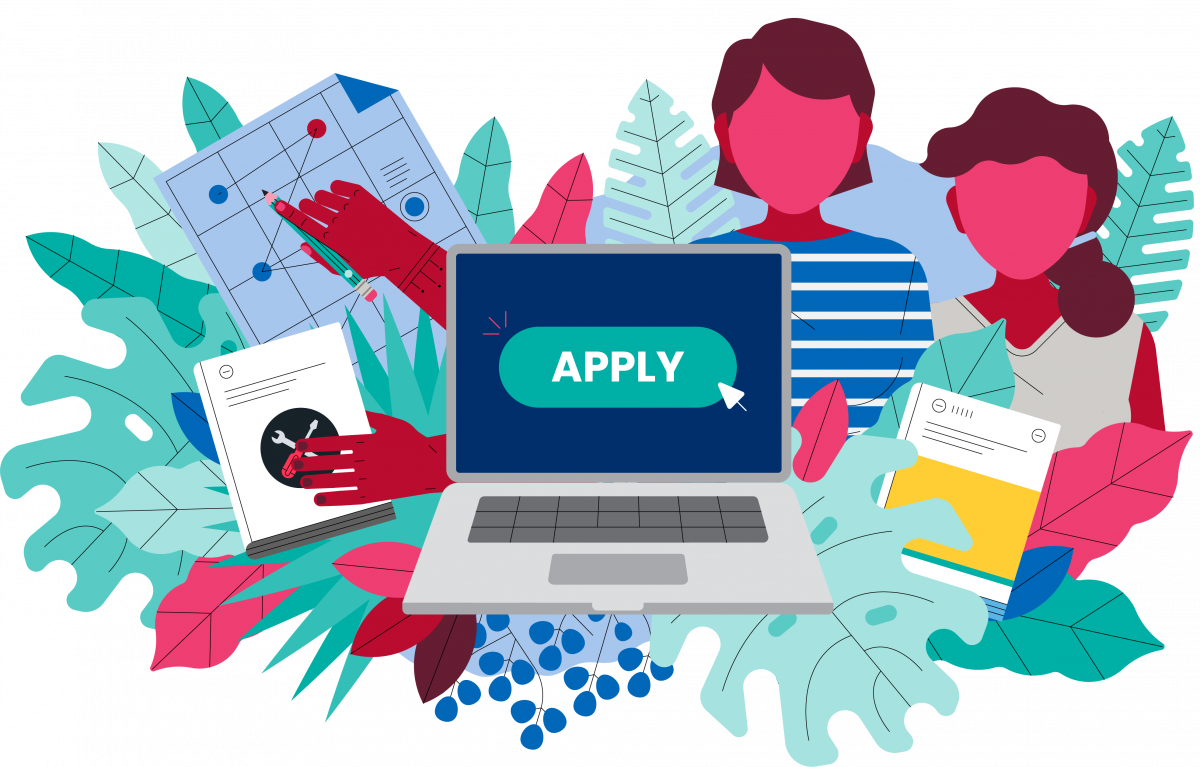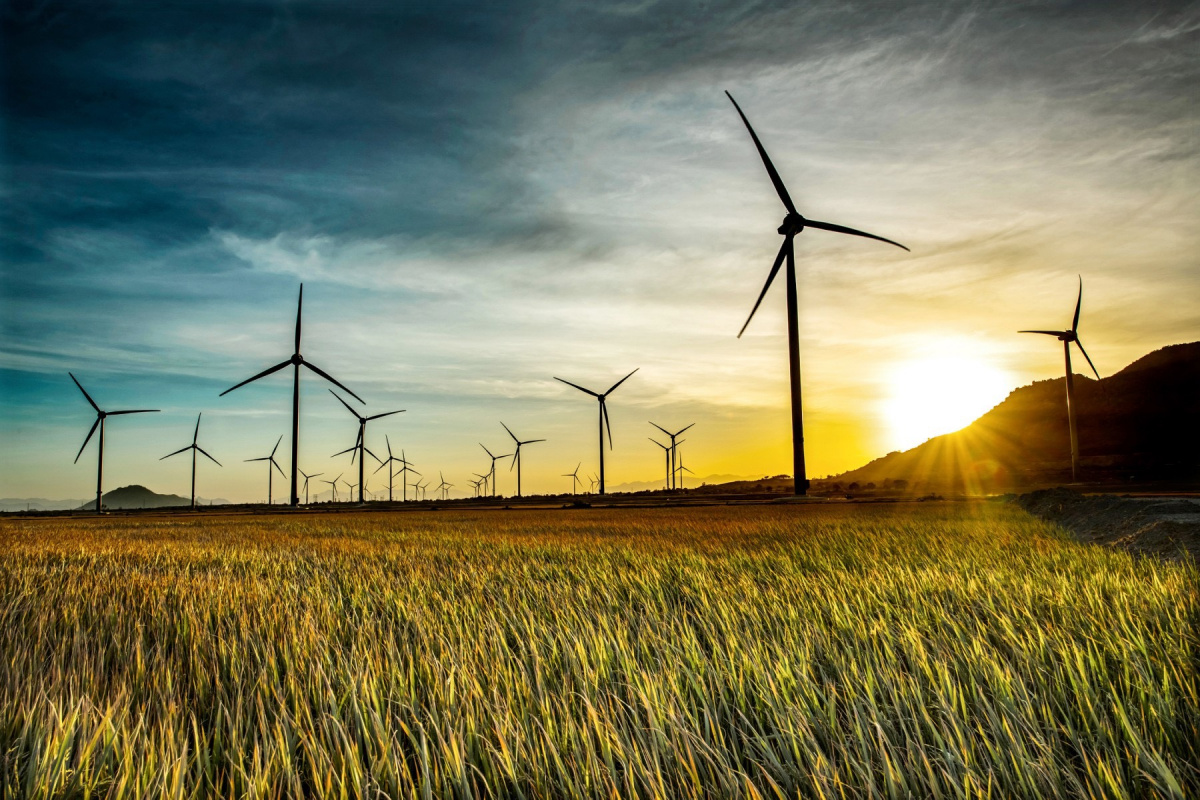Blog: #ComparthilhandoAgua, not just a hashtag
By Emilio Cobo - Taking part in an environmental international Forum is always exciting, even more so if it is the largest water-related event on the planet: the World Water Forum. What is South American`s role in the global water agenda?

Photo: Carla Vaucher
 Photo: IUCN
Photo: IUCN
Personally it was a unique opportunity for me to participate in this event as the Regional Program Officer for Water and Ecosystem Services in South America, to support the IUCN commitment to the sustainability of the global water agenda and to seek new opportunities to strengthen our related work in South America, one of the most diverse regions for fresh-water ecosystems. It was a very special week because it was the first time I took part to the World Water Forum together with many stakeholders and partners we work in our region. I finally had the chance to meet and work with many of my colleagues within IUCN who are located all over the world; and from personal interactions many good things can be sparked. When you are in a think tank atmosphere for one week, brainstorming happens every day; networking, new opportunities for collaboration and creativity are heightened.
This year IUCN was at the World Water Forum in partnership with other fice environmental organisations, all involved in water management: WWF, The Nature Conservancy (TNC), Forest Trends, Conservation Intentional (CI), and Wetlands International. The Nature-Based Solutions pavilion represented, in my opinion, an effective way of sharing resources and profiling a common message for solving the water challenges among like-minded organizations. The moments of interaction at the pavilion were a great opportunity to get to know our partners better and discover complementary topics on water and freshwater ecosystems. It allowed me to identify several opportunities for collaborations such as: bringing CI’s River Health Index into the Titicaca basin, increasing our collaboration on Transboundary Water Governance and NbS with Wetlands International, and exchanging more experiences on gender oriented approaches with WWF, CI, and Wetlands International. Our experience working on transboundary water cooperation and bringing sound approaches in specific basins can be replicated in other transboundary contexts such as The Pantanal or La Plata river basin, were our colleagues from Wetlands International and WWF are implementing actions.
Day by day it was concretely confirmed how well positioned IUCN is in the global water agenda, and I realised the huge growing potential of the NBS approaches IUCN supports. After the Forum I have feel positive that governments, the private sector and civil society are increasingly aware of the need to integrate healthy ecosystems into water management. A transition to managing water through non-structural measures, better cross-sectoral coordination and stronger multi-stakeholder participation seems more possible when you have better informed decision makers. An immediate challenge though is that we need to build a stronger case for NbS to close the gap to conventional water solutions in regard to investments. We need to demonstrate in stronger terms the cost-effectiveness of investing in NbS in terms of economic profitability, water security, reducing risks and better showcase all the multiple-benefits to society and biodiversity. I hope to see in the coming years more and more governments and private institutions investing wisely in Nature based Solutions and in stronger governance frameworks rather than in poorly planned grey infrastructures and mega-projects.
My first participation in a World Water Forum has been very fruitful and enriching learning experience and gave me the possibility to be an active presence in the water debate scenario. Additionally I was responsible for the coordination and design of BRIDGE’s pavilion session on “Multilevel Water Governance” and participated, as speaker, in the session “Women, Water and Nature” were our experience in Lake Titicaca Leadership Program was showcased. Both sessions resulted in lively discussions and contributions on how to improve transboundary cooperation approaches and how to strengthen gender approaches in water management.
Using time wisely, I was able to take advantage to hold side meetings with key partners and stakeholders from South America as well as potential donors. One such meeting with the Swiss cooperation for the Andes region, involved a rewarding discussion with the Bolivian delegation, including the Minister of Environment of Bolivia and authorities from the Ministry of Foreign Affairs. We shared with them the progress of BRIDGE project in the Titicaca basin, new planned activities for 2018, potential support from IUCN and also learning the needs and priorities of Bolivia in terms of actions, capacities and information.
At the end of this intense week I was overloaded with thoughts, yet I went back home with a suitcase full of ideas, with a much stronger network of colleagues and possible future partners and with the good feeling of having been useful to building a better future for society and the environment.
For more info, background and further updates, check our Twitter, Facebook and Events Page.
***
Emilio Cobo is IUCN Programme Officer on Water and Ecosystemn Services, South America Office, he can be reached via email at emilio.cobo[@]iucn.org



